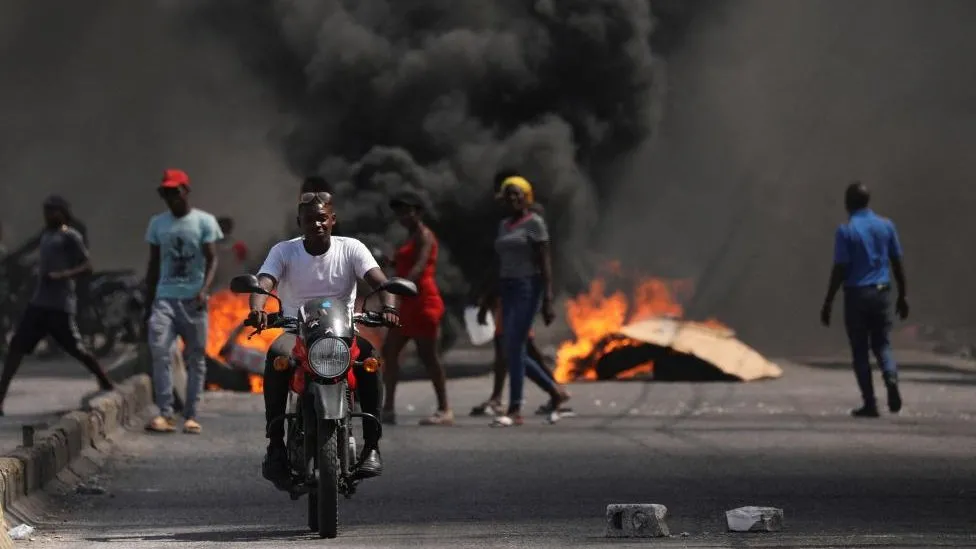How Gangs Came to Dominate Haiti
Haiti, a country already plagued by political instability, economic challenges, and natural disasters, has also been facing a worsening gang crisis in recent years. The rise of gangs in Haiti can be attributed to a variety of factors, including:
- Poverty: The majority of Haiti’s population lives in poverty, with limited access to education, healthcare, and job opportunities. This lack of economic opportunities has driven many young people to turn to gangs as a way to make a living.
- Political Instability: Haiti has experienced frequent changes in government and periods of political unrest, creating a power vacuum that has allowed gangs to thrive. Many gangs have ties to corrupt politicians and officials, further fueling their growth.
- Drug Trafficking: Haiti’s location in the Caribbean makes it a key transit point for drug trafficking between South America and the United States. This has led to the proliferation of drug gangs in Haiti, who use violence and intimidation to protect their illicit activities.
- Foreign Intervention: The history of foreign intervention in Haiti, both through military occupations and economic policies, has also contributed to the rise of gangs. These interventions have often destabilized the country and exacerbated existing social problems, making it easier for gangs to gain power.
As a result of these factors, gangs now control large swaths of territory in Haiti, imposing their own rules and enforcing their authority through violence. This has had devastating effects on the country’s population, leading to increased crime rates, extortion, and displacement of communities.
The Haitian government, with the support of international partners, has been working to address the gang crisis through increased security measures, community policing initiatives, and efforts to improve socio-economic conditions. However, the root causes of gang violence in Haiti will require long-term solutions that address the underlying issues of poverty, political instability, and inequality.
